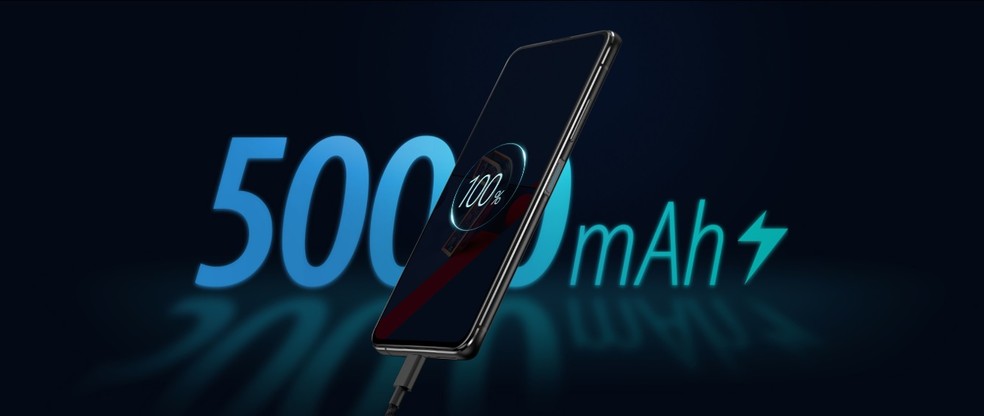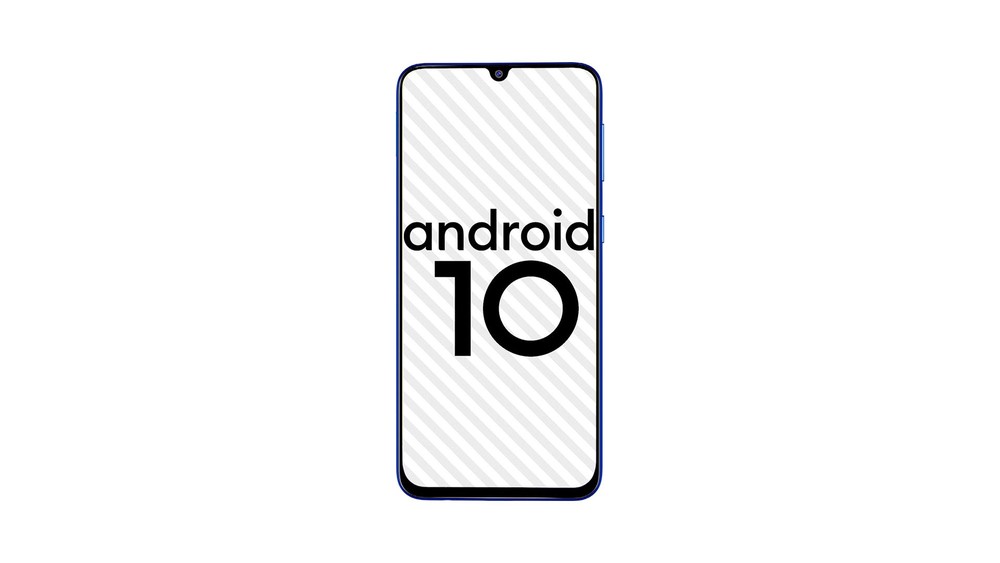The Zenfone 8 Flip arrived recently to occupy the space of the Zenfone 7, a model released in December 2020. The technical sheet of the Asus phone with a rotating camera changed little in relation to the previous version, bringing as a main novelty the Qualcomm Snapdragon 888 processor. Check below the comparison between the two generations of the smartphone.
Zenfone 7 vs Zenfone 8 Flip
| Zenfone 7 | Zenfone 8 Flip | |
|---|---|---|
| Launch | December 2020 | November 2021 |
| Current price | $785 | $760 |
| Screen | 6.67 inches | 6.67 inches |
| Screen resolution | Full HD+ (2400 x 1080 pixels) | Full HD+ (2400 x 1080 pixels) |
| Processor | Snapdragon 865 | snapdragon 888 |
| RAM | 8 GB | 8 GB |
| Storage | 128GB | 128GB |
| Memory card | MicroSD up to 2TB | MicroSD up to 2TB |
| main camera | Tri Camera: 64, 8, and 12 MP | Tri Camera: 64, 8, and 12 MP |
| Operating system | Android 10 | Android 11 |
| Battery | 5,000 mAh | 5,000 mAh |
| Dimensions and weight | 165 x 77.3 x 9.6 mm; 230 g | 165 x 77.2 x 9.6 mm; 230 g |
| Colors | Black and White | Black |
Screen and design
The screen of the two smartphones is similar in several aspects, such as size, type of panel, and refresh rate. That is, in both cases it is possible to find 6.67 inches, AMOLED display, and 90 Hz in image transition. This means that both reserve a screen with a greater variety of colors and more efficient battery consumption when compared to LCD technology.

Other aspects in common are the protection provided by Gorilla Glass 6 against scratches and the Full HD+ resolution, which displays images of 2400 x 1080 pixels. Because of the equivalence, the display specifications may not be significant in differentiating the two models.
The front design follows a similar pattern and gives the phones few edges, as does the rollable camera frame for the Zenfone 7 and Zenfone 8 Flip. The rear, however, changes the shape of the logo and brings different colors to the finish. The penultimate release has black and white options, while the newest model only makes black available.
Camera
The cameras are the highlight of both smartphones since the rear set lenses can also be used to take selfies. Asus brings in the Flip line a rotating system to allow the module to move to the front, but also to be accommodated in the rear when not in use or when you need to photograph the landscape.

As with the previous issue, the camera segment registers brief changes in the arrangement. The main and ultra-wide sensors, responsible for capturing wide-angle shots, continue with the same resolutions, with 64 and 12 MP, respectively.
The third camera, with 8 MP, is now a telephoto lens on the Zenfone 8 Flip, which now has this option to take pictures from a distance. In the previous model, the third lens was used for macro shots, a format used to capture images with rich detail, which is also available in the 2021 generation of the device, which just does not use a sensor exclusively for this.
Among the features available for the Zenfone 7 and 8 Flip are 8K video recording and Quad Bayer technology, which groups pixels together to increase the quality of photos in low-light locations. Another tool mentioned is automatic motion tracking that detects an object to keep it in the center of the frame.
Performance and storage
The performance of the phones differs because of the generation of the processors. In detail, it is possible to say that the Zenfone 7 uses the Snapdragon 865 chip, released in 2019 by Qualcomm, while the Zenfone 8 Flip brings the Snapdragon 888, from 2020, a more modern and efficient version of the device. Despite the minor differences between one version and the other, both chipsets have eight cores and operate at speeds of up to 2.84 GHz.

Storage is the same on the Zenfone 7 and 8 Flip, as both provide 128 GB. If more space is needed, the phones come with support for microSD cards up to 2 TB. RAM, meanwhile, guarantees 8 GB for Asus’ phones.
Battery

A 5,000 mAh battery comes with the Zenfone 8 Flip and the Zenfone 7. This capacity can give the devices up to two days away from the socket – when doing moderate use – or 24 hours of uninterrupted video playback. Charging is different, since the latest model is compatible with Quick Charge 4.0, while its predecessor supports 30 W. Both models come with a charger in the box.
Android Version

The system that comes with the Zenfone 7’s factory settings is Android 10, but the phone can match the Zenfone 8 Flip with the update to Android 11. That way, the two can offer bubble-shaped notifications, data privacy improvements, and native screen recording.
Additional Features

Despite bringing similar features, the same specification can vary in terms of updates. Such is the case with Bluetooth, which is present on the Zenfone 7 in version 5.1 and upgrades to 5.2 – a slightly faster version – on the Zenfone 8 Flip. In Wi-Fi, ditto, with 5 GHz in the first model and 6 GHz in the successor.
The fingerprint is recognized by a sensor that is located on the side of the Zenfone 7, while it appears under the display on the Zenfone 8 Flip. In common appear facial recognition and NFC, connectivity that allows payment by proximity without the need for a card nearby.
Pricing and Availability
The Zenfone 7 is available for purchase on Amazon for $785, while the Zenfone 8 slip is also available for purchase on Amazon for $760.99.
This post may contain affiliate links, which means that I may receive a commission if you make a purchase using these links. As an Amazon Associate, I earn from qualifying purchases.

